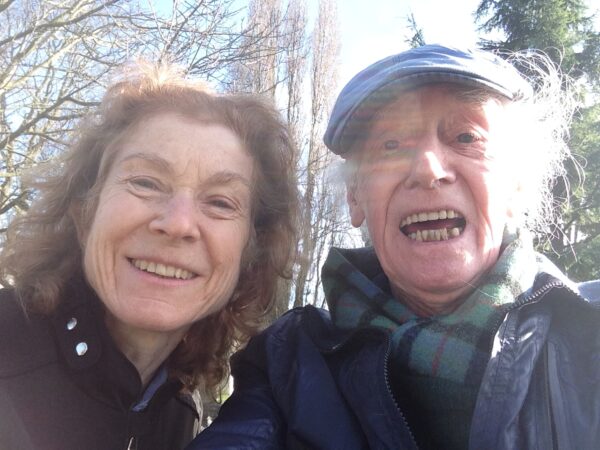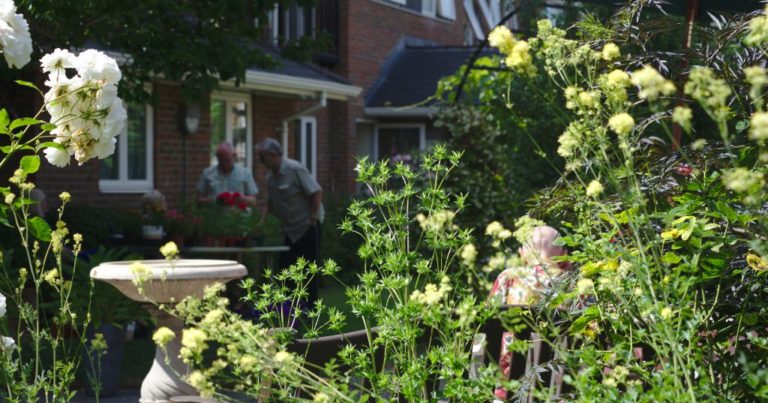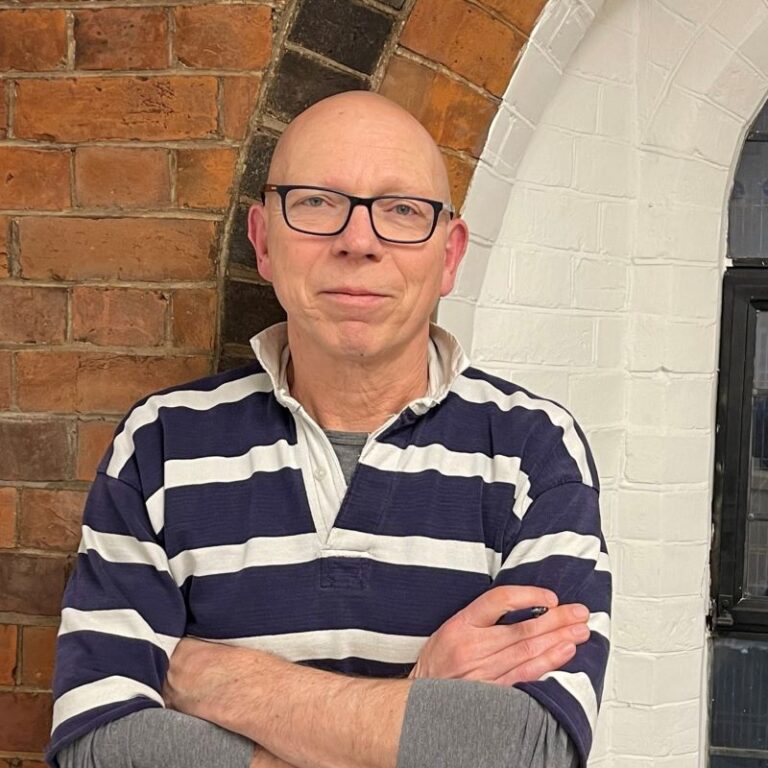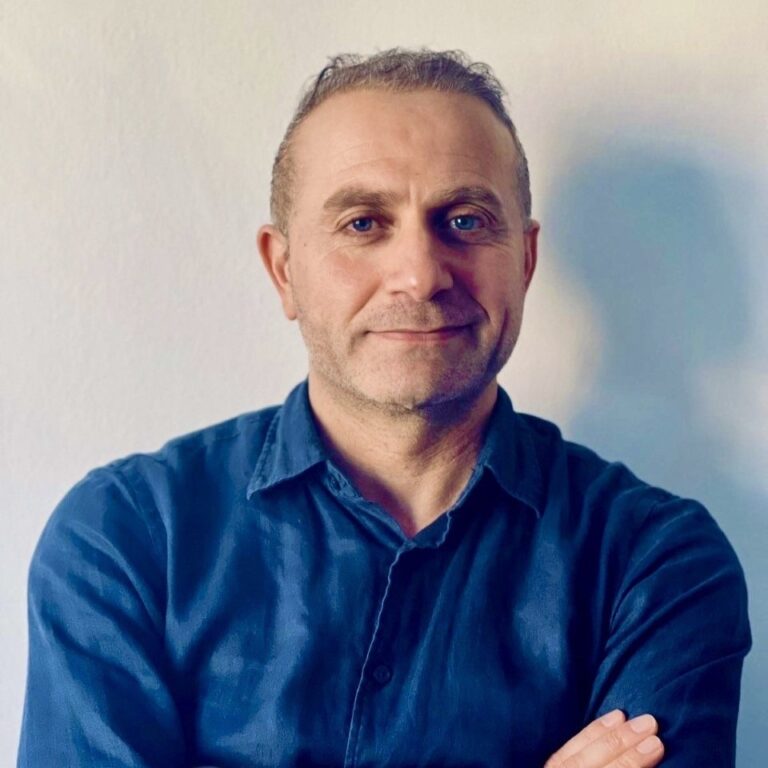Lasting legacy for John
When Mary-Lou Stewart’s husband John passed away in 2021, she was keen to donate to a local cause in his memory.
We linked Mary-Lou up with Minds United, whose football community helps improve mental health. It’s a project that John would have been proud to support, says Mary-Lou.
Although he was born and grew up in Coatbridge, Scotland, Hammersmith was always close to John Stewart’s heart; he lived here for 50 years. “He loved this area – it’s such a good part of the world,” says Mary-Lou. “He was always keen to make a difference to his community.”
Football, in particular, was “very special” to him, and he enjoyed going to local matches with friends and family, Mary-Lou remembers, which is why she was so keen to make this donation to Minds United in his memory.
Despite lifelong mobility difficulties due to the effects of tuberculosis on the bones of his left leg when he was a child, John loved to play football himself and was a welcome addition to the local street team from his early teens. “He was always the goalie,” says Mary-Lou, “and what he lacked in speed he made up for in skill – he used to use his crutches as a bit of a weapon!”
“I think being able to enjoy football, in spite of his disability, made him realise he was capable of doing whatever he put his mind to,” says Mary-Lou. “It’s lovely that there’s a place like Minds United where people can just be themselves and leave their baggage behind. Making this donation feels like a wonderful way to honour John’s life.”
Find out more
- Minds United have been supported by a personal donation from the Stewart family, along with a grant from Hammersmith United Charities. Read about Minds United’s journey
- Hammersmith United Charities’ grants programme
- Support Hammersmith United Charities







 Here, Sulaiman Othman, Director of Hikayetna, tells us about the project and why it’s needed.
Here, Sulaiman Othman, Director of Hikayetna, tells us about the project and why it’s needed.